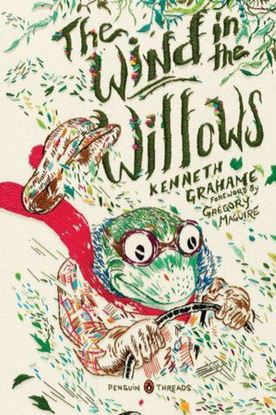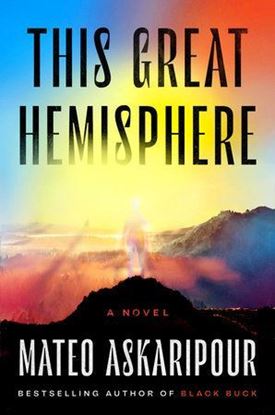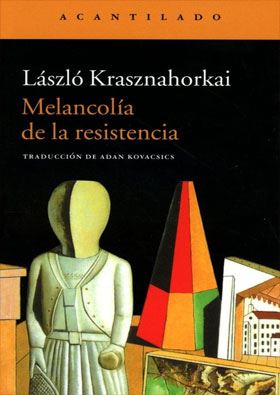

THE WIND IN THE WILLOWS (DELUXE)
The coveted and award-winning Penguin Threads series continues with three more enchanting, beautifully sewn covers by a talented visual artist
With paper and pen or needle and thread, storytelling has many traditions. Penguin's award-winning art director Paul Buckley presents Penguin Threads, a series of Penguin Classics Deluxe Editions inspired by the aesthetic of handmade crafts with specially commissioned cover art. Jillian Tamaki's embroidered artwork appears on The Secret Garden by Frances Hodgson Burnett,Emma by Jane Austen, and Black Beauty by Anna Sewell. This latest set features three beloved classics for both adults and children with cover art by painter and illustrator Rachell Sumpter. Sketched in a traditional illustrative manner, the final covers are sculpt embossed and present full front and reverse hand-stitched designs. Through story, style and texture, the Penguin Threads is an exciting chapter in Penguin's long history of excellence in book design, for true lovers of the book, design, and handcrafted beauty.
1,250
THE WOMAN IN THE CASTELLO
Rome, 1965: Aspiring actress Silvia Whitford arrives at Rome’s famed Cinecittà Studios from Los Angeles, ready for her big break and a taste of la dolce vita. Instead, she learns that the movie in which she was cast has been canceled. Desperate for money, Silvia has only one choice: seek out the Italian aunt she has never met.
Gabriella Conti lives in a crumbling castello on the edge of a volcanic lake. Silvia’s mother refuses to explain the rift that drove the sisters apart, but Silvia is fascinated by Gabriella, a once-famous actress who still radiates charisma. And the eerie castle inspires Silvia’s second chance when it becomes the location for a new horror movie, aptly named The Revenge of the Lake Witch and she lands a starring role.
Silvia immerses herself in the part of an ingenue tormented by the ghost of her beautiful, seductive ancestor. But when Gabriella abruptly vanishes, the movie’s make believe terrors seep into reality. No one else on set seems to share Silvia’s suspicions. Yet as she delves into Gabriella’s disappearance, she triggers a chain of events that illuminate dark secrets in the past and a growing menace in the present…
850
THE WORLD AFTER ALICE
When Morgan and Benji surprise their families with a wedding invitation to Maine, they’re aware the news of their clandestine relationship will come as a shock. Twelve years have passed since the stunning loss of sixteen-year-old Alice, Benji’s sister and Morgan’s best friend, and no one is quite the same. But the young couple decide to plunge headlong into matrimony, marking the first time their fractured families will reunite since Alice’s funeral.
As the arriving guests descend upon the tranquil coastal town, they bring with them not only skepticism about the impromptu nuptials but also deep-seated secrets and agendas of their own. Peter, Morgan’s father, may be trying to dissuade his daughter from saying “I do,” while Linnie, Benji’s mother, introduces a boyfriend who bears a tumultuous past of his own. Nick, Benji’s father, is scheming to secure a new job before his wife—formerly his mistress—discovers he’s lost his old one. Morgan, too, carries delicate secrets that threaten to jeopardize the happiness for which she has so longed. And as for Benji—well, he’s just trying to make sure the whole weekend doesn’t implode.
1,150
THE YOUNG MAN
The Young Man is Annie Ernaux’s account of her passionate love affair with A., a man some 30 years younger, when she was in her fifties. The relationship pulls her back to memories of her own youth and at the same time leaves her feeling ageless, outside of time— together with a sense that she is living her life backwards.
Amidst talk of having a child together, she feels time running its course, and menopause approaching. The Young Man recalls Ernaux as the “scandalous girl” she once was, but is composed with the mastery and the self-assurance she has achieved across decades of writing. It was first published in France in 2022.
450
THINGS WE LEFT BEHIND (COLLECTOR S ED)
There was only one woman who could set me free. But I would rather set myself on fire than ask Sloane Walton for anything.
Lucian Rollins is a lean, mean vengeance-seeking mogul. On a quest to erase his abusive father's mark on the family name, he spends every waking minute pulling strings and building his empire. The more money and power he gains, the safer he feels.
Except when it comes to one feisty small-town librarian…
Bonded by an old, dark secret from the past and their current mutual disdain, Sloane Walton trusts Lucian about as far as she can throw his designer-suited body.
When bickering accidentally turns to foreplay, the flames are fanned, and it's impossible to put them out again. But with Sloane more than ready to start a family and Lucian refusing to even consider the idea of marriage and kids, these enemies-to-lovers are stuck at an impasse.
Until Lucian learns the hard way that leaving Sloane is impossible―the very least he can do is to keep her safe.
1,900
THIS GREAT HEMISPHERE
This Great Hemisphere is powerful, captivating novel about how far we’ll go to protect the ones we love. With the worldbuilding of N. K. Jemisin’s novels and blazing defiance of Naomi Alderman’s work, it is also a story about what happens when we resist the narratives others write about us.
Northwestern Hemisphere, 2529: an Earth on which half of people are now born literally invisible. Sweetmint, a young woman, is one of them and thus relegated to second-class citizenship. She has done everything right her entire life, from school to landing a highly sought-after apprenticeship. But all she has fought so hard to earn comes crashing down when she learns that her brother (whom she had presumed dead) is not only alive and well but also the primary suspect in a high-profile political murder.
1,650













